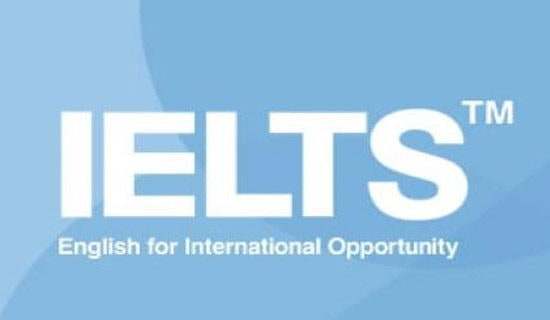- 相關推薦
雅思寫作真題范文解析
大作文:

in some countries, students pay their college or university fees,while in some others, government pays for them. Do you think the advantages that government pays the money outweigh thedisadvantages? Give reasons and examples.
相關題目:
Some people believe everyone has the right to get university education,to what extent do you agree government should make it free to all people no matter of their financial background? 2012.09.06
Higher education has several ways to be funded:
all costs paid by government
all costs paid by students
students could get government loan and after finishing the education students should repaid the cost to the government.
discuss the benefits of these three theories above and decide which is the best way .2007.09.22
提綱:
1.公平,貧窮的孩子也可以上大學
2.為國家培養人才
1.國家負擔重
2.個人的選擇,對于不上大學的人不公平
3.鼓勵所有人上大學,但是并非所有人都適合
Education is universallydeemed as the dutyof the government, butwhen it comes to higher level,opinions diverge. Some taxpayers take for grantedthat governments should pay for tertiary study.However, I doubt the feasibility of such practice inmany economies. (被動句,并列句,時間狀語從句,賓語從句)
Of course calling for public funding foruniversity or college is reasonable from some perspectives.The first beneficiary should be those in poverty or indisadvantageous situation whononethelessperformwell academically and hold the ambition to further theireducation to higher level. They are treated equallyto the access to higher education andit is thisequality that gives them an opportunity to break theirvicious cycle of poverty or crime and to make contribution tobetter life in their hometown when they graduate. In this scenario the nation is able to foster a larger numberof professionals and gain economic and social benefit frombetter human capital. (動名詞,定語從句,被動句,并列句,強調句,狀語從句)
However, such practice is rarely implemented in the worldincluding some wealthy countries and the direct reason liesin financial issue. Compulsory primary and secondaryeducation usually does not leave the government sufficientbudget for further support in many countries. In addition,going to university is personal choice, which means thatit would be unfair for those who chooseto work after secondary school. An obvious downside of freeuniversity would encourage every school leaver to attenduniversity, butit is also clear that not everyone isable to or is willing to do so. (并列句,動名詞,定語從句,賓語從句,形式主語)
In my opinion, to harmonize the above conflictcaused by free higher education, a practical suggestion canbe that the government fund university education by offering interest-free loan or grantingscholarship tothose poor but outstanding students. (非謂語,賓語從句)
詞匯拓展:
1. universally 普遍地
2. deem 認為
3. diverge 有分歧
4. take it for granted 認為理所當然
5. feasibility 可行性
6. practice 做法
7. tertiary / higher education 高等教育
8. call for 呼吁
9. fund 資助
10. perspective 角度
11. outstanding 優秀的
12. nonetheless 然而
13. perform well academically 學習好
14. ambition 抱負
15. treat 對待
16. empower/ enable 使有能力
17. break their vicious cycle of poverty 打破貧窮的惡性循環
18. scenario 情形
19. foster / nurture 培養
20. professional 專業人士
21. human capital 人力資本
22. implement 執行
23. financial 財政的
24. Compulsory 強制的
25. budget 預算
26. sufficient 充足的
27. school leaver 高中畢業生
28. harmonize 協調
29. conflict 沖突
30. interest-free loan 無息貸款
31. grant 批準
32. scholarship 獎學金
33. beneficiary 受益人
【雅思寫作真題解析】相關文章:
雅思寫作范文欣賞10-09
關于雅思作文的寫作10-10
優秀雅思寫作范文10-09
雙曲線-雅思寫作范文10-09
高分雅思寫作范文欣賞10-09
雅思寫作范文:旅游的利弊10-09
雅思小作文寫作原則10-10
雅思寫作9分范文10-09
雅思作文寫作絕竅10-10